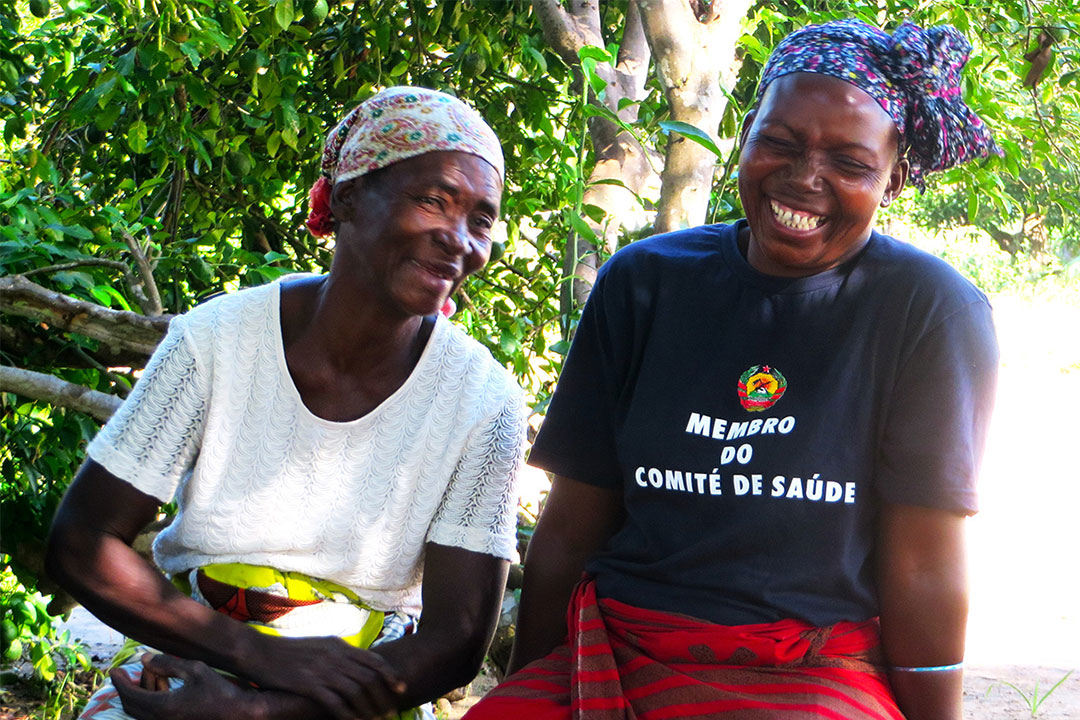
CoM researchers to increase maternal, newborn survival in Mozambique
University of Saskatchewan researchers have been awarded $16.6 million by Global Affairs Canada to work with Mozambique partners on improving the health and lives of 165,000 Mozambican women of child-bearing age and 23,000 newborns.
This major training and research project, which is six years in length, aims to create conditions in Mozambique that will reduce maternal deaths by improving health services for women and tackling gender barriers that prevent them from accessing effective care.
Latest available United Nations statistics show Mozambique had one of the world’s highest maternal mortality rates at 489 deaths per 100,000 live births in 2015—nearly 70 times higher than Canada’s rate of seven per 100,000.
“This transformative initiative addresses a great tragedy and demonstrates our university’s ongoing commitment to global citizenship and international community service through research,” said Karen Chad, U of S vice-president Research. “This community-engaged project will also provide an extremely valuable international learning experience for our students.”
U of S epidemiologist and community health researcher Nazeem Muhajarine and project director Denise Kouri lead a team that includes university researchers and Saskatoon community development leaders. The team is partnering with Mozambique national and provincial health ministries and communities in the sub-Saharan African nation.
The project, which builds on the university’s 20-year partnership with Mozambique in Inhambane province on the country’s southern coast, aims to improve conditions under which women give birth in 20 targeted rural communities in five health districts.
“We are adopting a community-based, family-supportive and women-enabling approach to reduce deaths during childbirth and improve infant health outcomes,” said Muhajarine.
His team will study cases of near-fatalities to understand and mitigate the contributing factors and will establish baseline data on mortality rates to evaluate the project’s effectiveness.
You can read the full article on the University of Saskatchewan's online newsroom.
